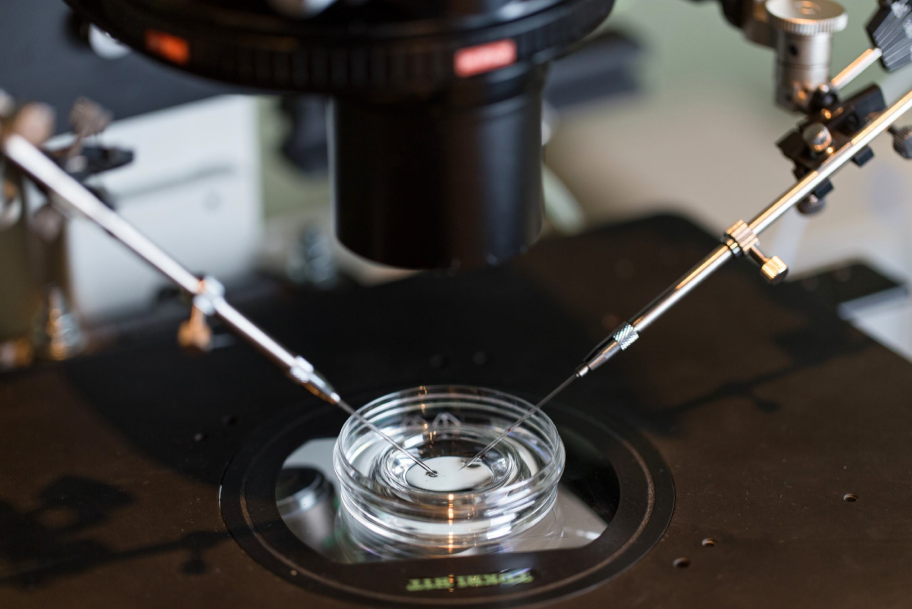Fertility treatments

ICSI (Intracytoplasmic Sperm Injection)
*image by Freepik
What is ICSI?
ICSI is an IVF procedure in which a single sperm cell is injected directly into the centre of a mature egg in order to create an embryo.
ICSI is designed to make fertilisation more effective, therefore improving your chance of IVF success
How does it work?
Your eggs are collected in the same way as conventional IVF, and a single sperm is injected into the centre of each mature egg to assist fertilisation in the laboratory. We use ICSI in conjunction with an IVF cycle when we believe that fertilisation is unlikely to occur using conventional IVF.
In the same way as conventional IVF, one or two of the resulting embryos can then be transferred to your womb, and any additional suitable embryos can be frozen for your future use.
Bourn Hall’s fertility experts have performed ICSI since 1993, making our embryologists in this type of treatment technique amongst the best in the world.

Who is ICSI for?
We’ve helped create thousands of families through successful IVF treatment
ICSI may be appropriate for men who:
Produce very low number of sperm
Have slow moving sperm
Have a high number of abnormal-shaped sperm
Need sperm to be collected surgically from the testicles
Have high levels of antibodies in their semen
Have had sperm tests which reveal that the sperm would be unlikely to achieve fertilisation, or embryo quality and implantation may be compromised
ICSI is also ideal for couples who:
Have experienced previous failed IVF cycles due to fertilisation issues
Have very few eggs to fertilise
Are planning pre-implantation genetic testing (PGT) of embryos
